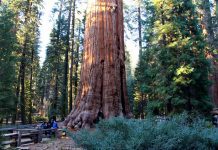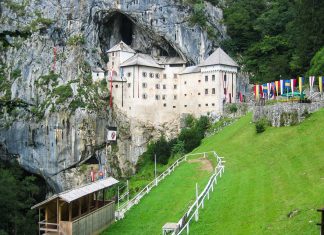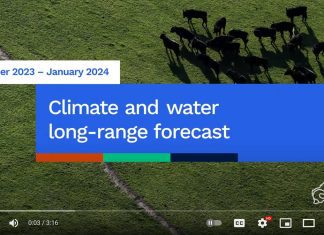
12 Famous Meteorologists Who Revolutionized Weather Forecasting
It’s easy to take weather forecasts for granted, but they’re the result of years of scientific advancement and innovation.
The field of meteorology has come a long way since its earliest days, with countless professionals working tirelessly to improve our understanding of the atmosphere and provide us with increasingly accurate predictions.
In this article, we’ll be highlighting 12 meteorologists who have changed the game – individuals whose contributions have made a significant impact on their field and beyond.
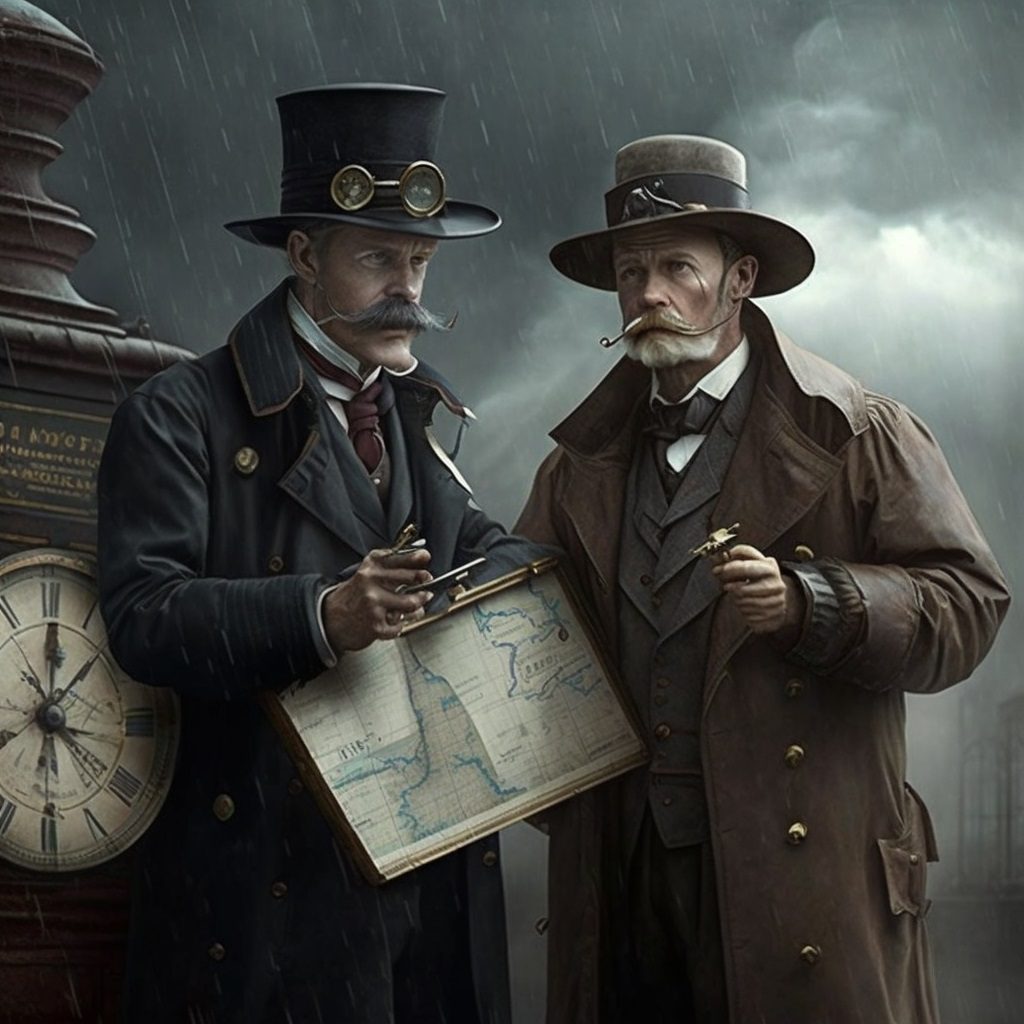
From those who developed groundbreaking forecasting tools to others who risked everything to warn communities about looming disasters, these experts all share one thing in common: a passion for uncovering the truth about our planet’s ever-changing climate.
Whether you’re a weather enthusiast or simply curious about how science can shape society, read on to discover some inspiring stories from the world of meteorology.
Leonhard Euler: Father Of Modern Meteorology
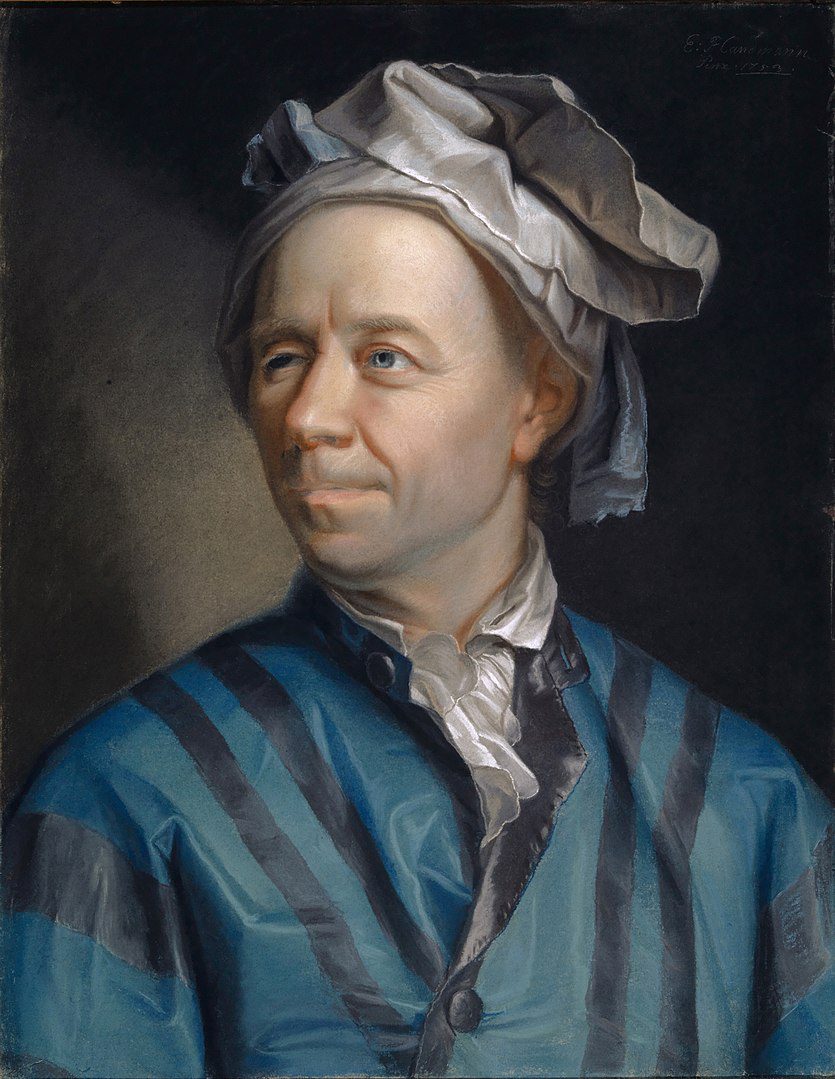
Leonhard Euler, widely regarded as one of the most influential mathematicians in history, is also known for his groundbreaking contributions to modern meteorology.
His work on mechanical modeling and mathematical meteorology paved the way for a more scientific approach to weather forecasting. Despite limited observational techniques during his time, Euler developed complex equations that accurately predicted weather patterns with remarkable precision.
He believed that using mathematics to understand atmospheric phenomena was key to unlocking the mysteries of weather prediction. Euler’s legacy lives on today through the use of advanced computer models and data analysis methods in modern meteorology research, making him truly the father of modern meteorology.
John Dalton: Pioneer Of Atmospheric Chemistry
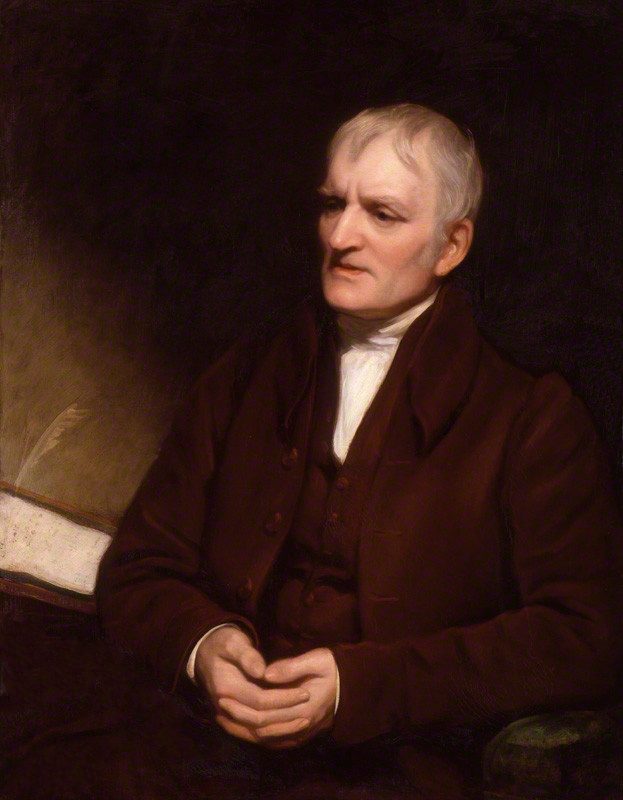
It’s ironic that John Dalton, a man who was colorblind and couldn’t see the colors of the sky, would become one of the most influential figures in atmospheric chemistry.
Born in 1766, Dalton spent his life studying the chemical composition of air and its effects on weather patterns. His work laid the foundation for modern meteorology by introducing concepts such as partial pressure and gas laws.
But it wasn’t just theoretical knowledge that he brought to the table – Dalton also made significant contributions to our understanding of air pollution and hydrosphere cycles.
Here are some key facts about Dalton’s legacy:
- He discovered that gases could dissolve into liquids, which led to further research on how pollutants can affect water quality.
- Dalton published an essay on acid rain years before scientists began seriously investigating this environmental issue.
- His development of atomic theory paved the way for future scientists to study atmospheric particles and their behavior.
- Even though he didn’t have access to modern technology, Dalton used simple tools like thermometers and barometers to gather data that is still relevant today.
Dalton may not have been able to appreciate the beauty of a sunset or a cloudless day, but his impact on our understanding of the atmosphere cannot be overstated. Thanks to his pioneering work in atmospheric chemistry, we now have a more comprehensive view of how human activity affects our environment.
Anders Celsius: Temperature Measurement Innovator
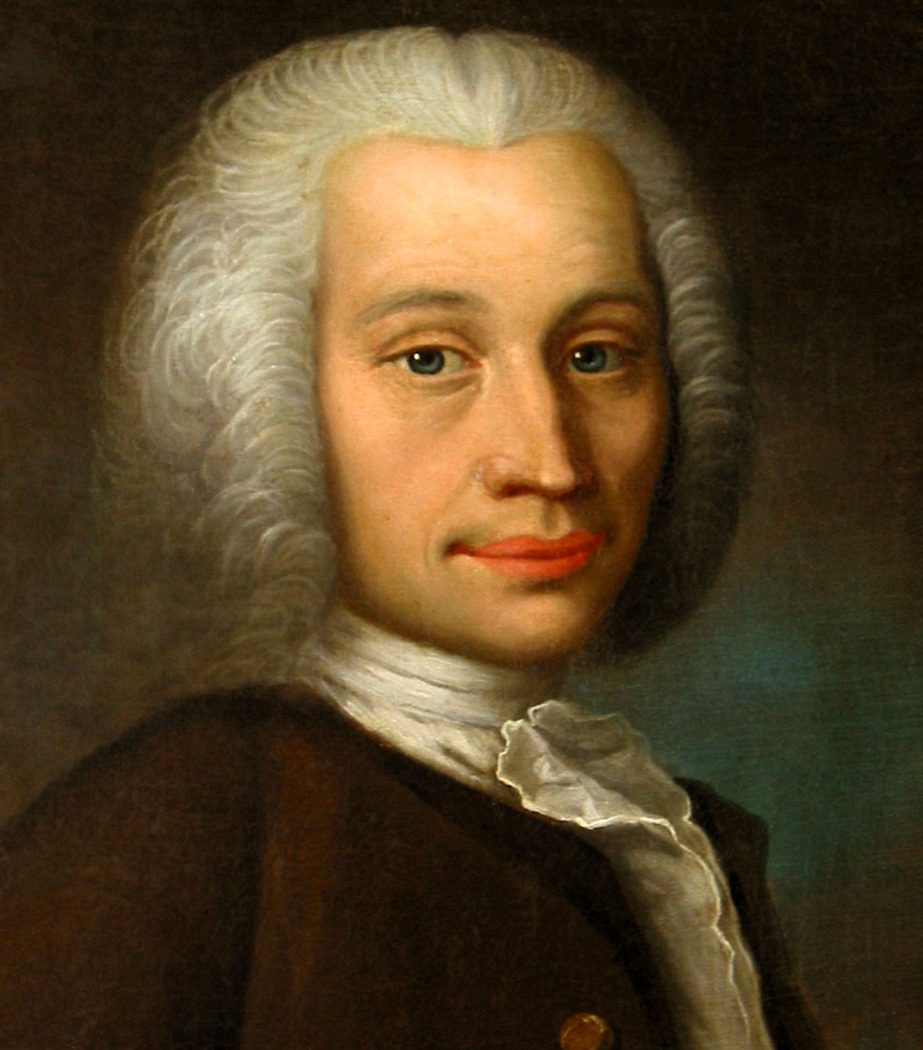
Anders Celsius is known for his contributions to the world of meteorology, particularly in the field of temperature measurement. He developed a temperature scale that measured water freezing at 0 degrees and boiling at 100 degrees, which we now know as the Celsius scale.
This innovation revolutionized how temperatures were recorded and understood by scientists around the world. Celsius’s work also played an important role in understanding heat transfer and climate change.
By accurately measuring temperatures, researchers could better understand how heat moves between different parts of the planet, leading to a greater comprehension of global warming and its effects on our environment. His legacy continues today through ongoing research into climate change and efforts to mitigate its impact on our planet.
As we continue to see rising temperatures across the globe, it’s clear that Celsius’s groundbreaking work has never been more relevant or necessary than it is today.
Luke Howard: Father Of Modern Cloud Classification
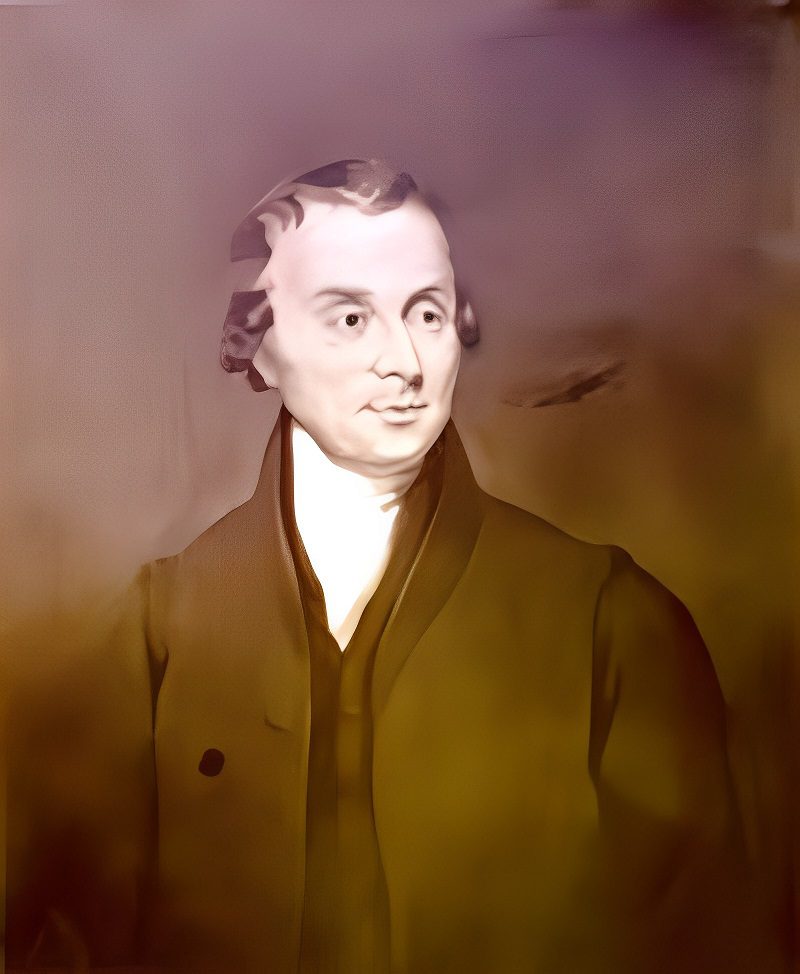
Have you ever looked up at the sky and wondered about the different types of clouds? You have Luke Howard to thank for that. Known as the Father of Modern Cloud Classification, Howard was a British chemist who revolutionized our understanding of weather typology in the early 19th century.
His work on cloud morphology helped us identify and name various types of clouds based on their shape, height and color. Here are four key contributions from Luke Howard:
- He classified clouds into three main categories: cirrus, cumulus and stratus.
- He introduced Latin names for each type of cloud, making it easier for meteorologists around the world to communicate with each other.
- He coined terms like ‘alto’ and ‘nimbus’ to describe specific features of certain clouds.
- He studied air mass movement and how it affects cloud formation, paving the way for modern forecasting techniques.
Thanks to Howard’s pioneering efforts, we now have a better understanding of our atmosphere and can make more accurate predictions about future weather patterns.
As we continue to study this complex system, we’re reminded of just how much one person can change the game when they put their mind to it.
William Morris Davis: Father Of American Geomorphology
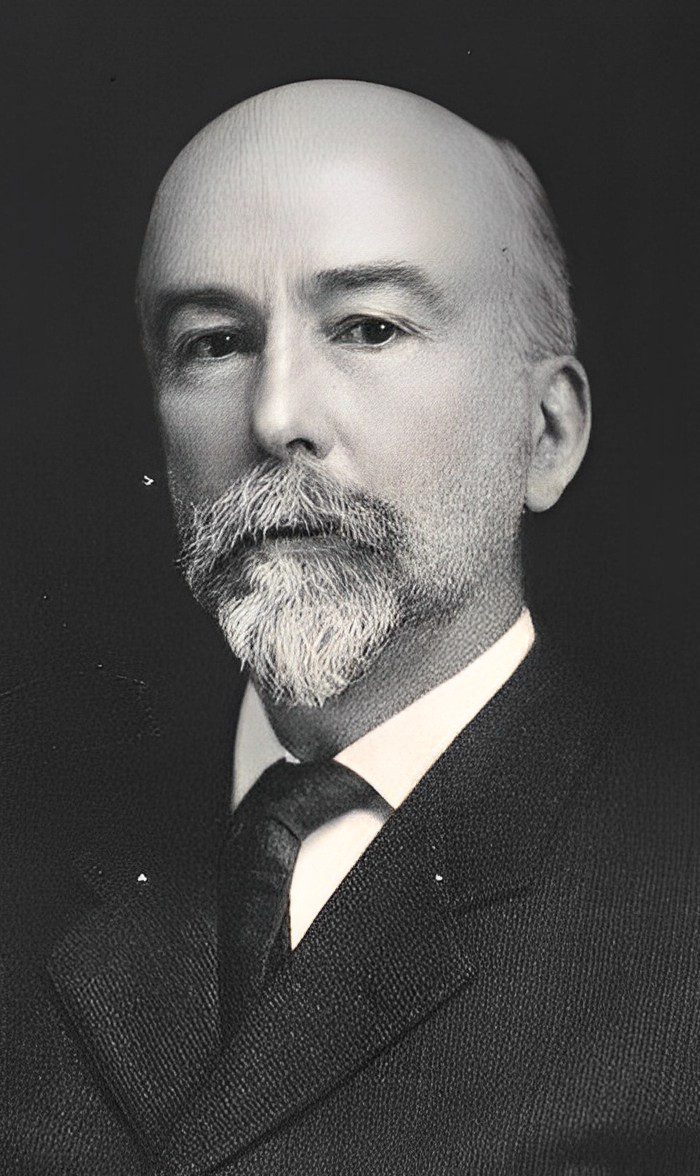
Luke Howard revolutionized the way we classify clouds, but he was just one of many meteorologists who made monumental contributions to our understanding of weather and climate. Another notable figure is William Morris Davis, often referred to as the “Father of American Geomorphology.”
Davis was a pioneer in studying landforms and how they change over time through processes like soil erosion studies, continental drift, and rock weathering. His research helped shape our understanding of how the earth’s surface evolves and influenced fields like geology, geography, and environmental science. To showcase his impact more visually, here’s a table highlighting some key moments in Davis’ life:
| Event | Year | Description |
|---|---|---|
| Birth | 1850 | Born in Philadelphia |
| Education | 1869-1872 | Attended Harvard University |
| Career Start | 1876 | Became an instructor at Harvard |
| Continental Drift Theory | 1915 | Introduced the concept that continents move across Earth’s surface |
| Death | 1934 | Passed away at age 84 |
Davis laid the foundation for modern geomorphology with his groundbreaking theories on landscape evolution. He believed that landscapes are shaped by both internal forces (such as volcanic activity) and external forces (like water or wind), which can cause erosion or deposition over millions of years.
Although he faced criticism from some scientists during his lifetime, his ideas have since been widely accepted and continue to inform research today. Through his work, Davis not only advanced the field of geology but also deepened our appreciation for the dynamic beauty of our planet.
Vilhelm Bjerknes: Father Of Numerical Weather Prediction
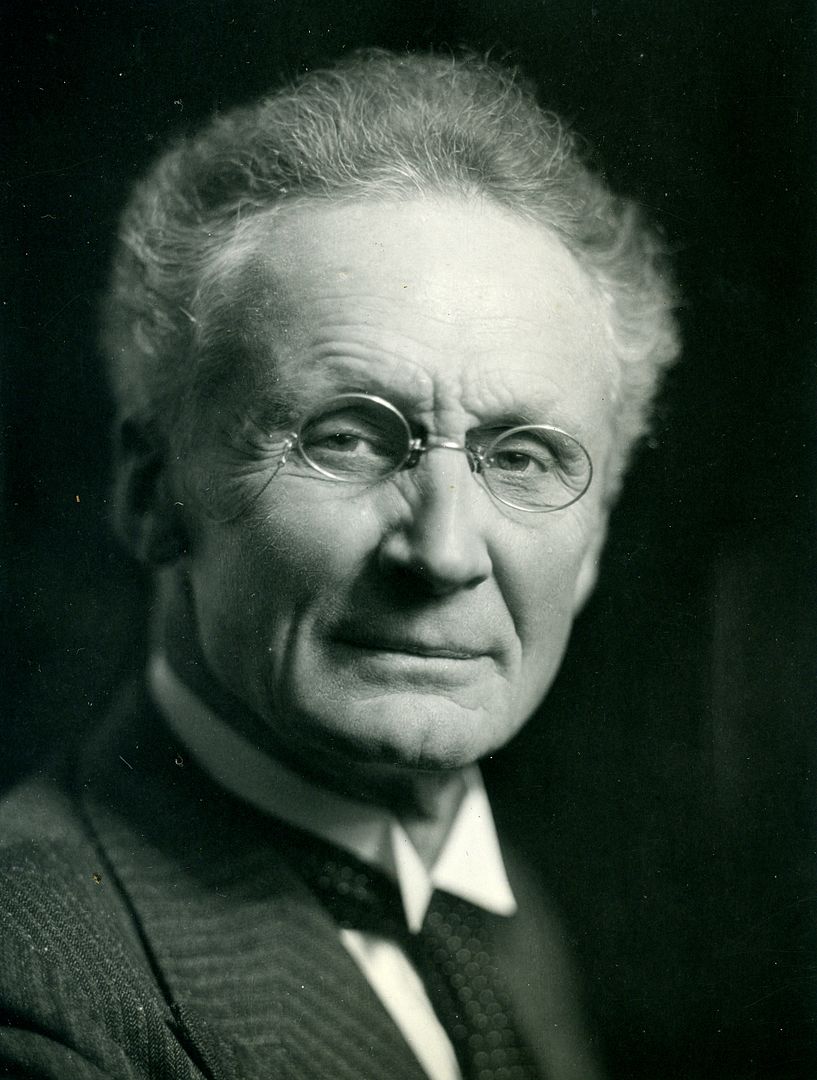
As the saying goes,
Behind every successful forecast is a powerful numerical modeling system.
And we have Vilhelm Bjerknes to thank for that. Often referred to as the Father of Numerical Weather Prediction, he revolutionized meteorology by developing the first practical methods for solving equations governing atmospheric motion. This breakthrough led to the creation of modern-day forecast models and weather models that are now used globally to predict everything from hurricanes to droughts.
Here are four ways in which Bjerknes changed the game:
- He recognized that mathematical formulas could be applied to weather forecasting.
- He introduced physical principles into his calculations, such as conservation laws and thermodynamics.
- He trained a new generation of scientists who continued his work and expanded upon it.
- His contributions laid the foundation for future advancements in numerical modeling.
Without Bjerknes’ pioneering efforts, our ability to accurately predict weather patterns would be severely limited. Today, we owe much of our understanding of atmospheric processes and climate change to his groundbreaking work.
As we continue to rely on ever-more advanced technologies for predicting weather events, let us not forget this visionary scientist who paved the way for generations of meteorologists after him.
Robert Fitzroy: Father Of Weather Forecasting
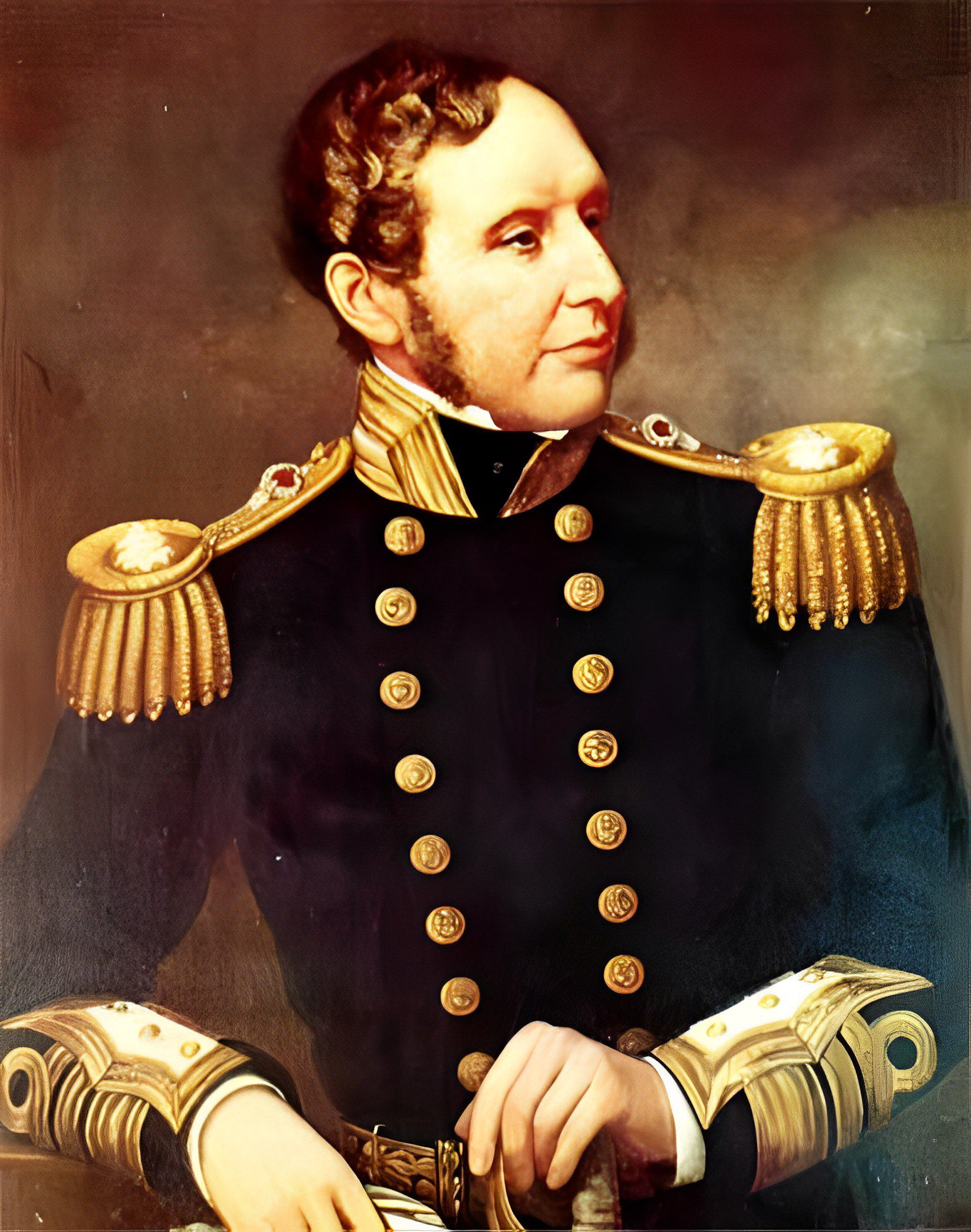
Robert FitzRoy is credited as the father of weather forecasting, thanks to his pioneering work in developing modern forecasting methods.
Born in 1805, FitzRoy was a British naval officer who later became interested in meteorology and went on to found what would become known as the Met Office.
His legacy in weather forecasting is still felt today, with many of his ideas and techniques still used by meteorologists around the world.
One of FitzRoy’s key contributions to weather forecasting was the development of storm warning systems that could alert sailors about approaching storms.
He also popularized the use of barometers for predicting changes in atmospheric pressure, which helped him accurately forecast short-term weather patterns.
Over time, he developed more sophisticated methods for understanding and predicting long-range weather patterns, including using historical data and observations from remote locations.
FitzRoy’s legacy has had a profound impact on our ability to understand and predict the weather.
Today, we take for granted our ability to receive accurate forecasts through smartphones or other devices. Still, it’s worth remembering that these advancements are built upon centuries of scientific inquiry and experimentation.
As we continue to refine our forecasting methods and technologies, we owe a debt of gratitude to Robert FitzRoy for setting us on this path towards greater knowledge and understanding of our planet’s complex climate system.
Svante Arrhenius: Father Of Greenhouse Effect Theory
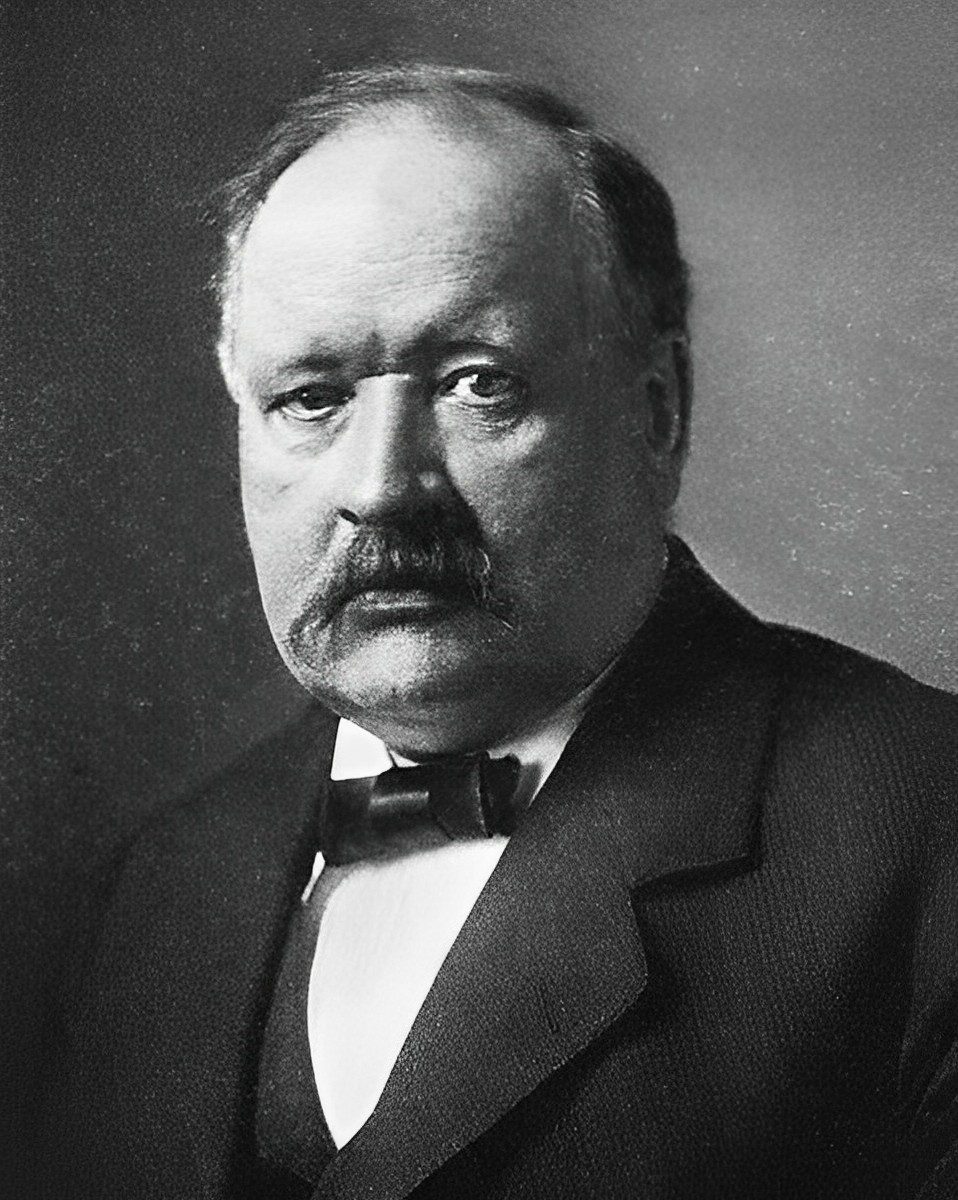
Moving on from the father of weather forecasting, we turn our attention to Svante Arrhenius, who is known as the Father of the Greenhouse Effect Theory.
Born in 1859 in Sweden, Arrhenius was a physicist and chemist who made significant contributions to the field of science. He received his doctorate at the age of 22 and later became a professor at Stockholm University.
In 1896, Arrhenius published a paper that proposed how carbon dioxide could affect global temperatures by trapping heat within Earth’s atmosphere – an idea now widely accepted as the greenhouse effect theory.
His biographical overview highlights not only his scientific achievements but also his involvement in politics and activism for peace. His contribution towards understanding climate change has inspired many scientists to continue working towards finding solutions to prevent further damage caused by human activities.
Although he passed away over 90 years ago, Arrhenius’ environmental legacy continues to have a profound impact on society today.
Edward Lorenz: Father Of Chaos Theory
Edward Norton Lorenz, a meteorologist and mathematician who passed away in 2008, is widely considered the father of deterministic chaos theory. His groundbreaking work on non-linear systems led to the discovery of the butterfly effect – a term he coined himself. The butterfly effect refers to how small changes in initial conditions can lead to vastly different outcomes over time.
This concept revolutionized our understanding of weather forecasting and complex systems beyond it. Lorenz’s research was motivated by his interest in predicting long-term weather patterns, but he soon discovered that even minor variations in initial measurements could produce wildly divergent results. He found that there were limits to predictability because chaotic attractors governed many natural phenomena.
These attractors are unique geometric shapes that govern the behavior of dynamic systems like weather, ocean currents, or stock prices. Today, Lorenz’s ideas continue to shape modern science, from climate modeling and decision-making strategies to economics and social science.
His contributions have been instrumental in showing us that some things will never be predicted with certainty, no matter how much we know beforehand. And yet, despite this uncertainty, his work has also shown us that order exists within seemingly chaotic systems.
John Von Neumann: Father Of Modern Computing
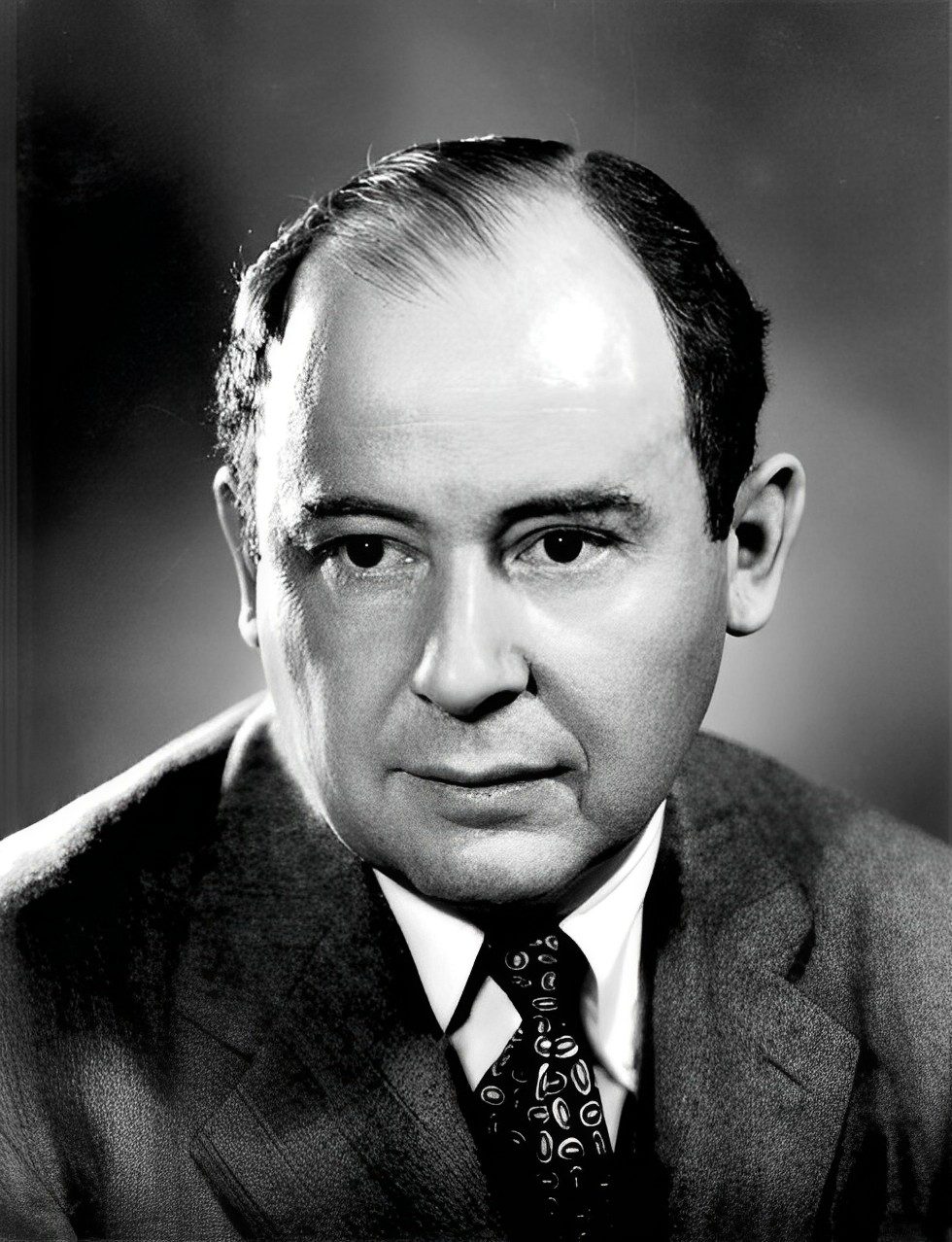
As we delve further into the pioneers who changed the game, it would be remiss not to include John von Neumann in this list.
Widely known as the Father of Modern Computing, von Neumann contributed significantly to computer architecture by designing a new computing model that featured high-speed memory and allowed for stored programming.
He also developed numerous algorithms that form the basis of modern computing systems today.
To fully appreciate his contributions: 1) consider how computers have evolved over time; 2) reflect on how many industries rely heavily on computers for their operations; and 3) imagine a world without the technological advancements brought about by computing models and algorithms like those created by von Neumann.
His legacy has forever impacted our daily lives, and we owe much gratitude to his work which paved the way for exponential growth in technology.
Carl-Gustaf Rossby: Father Of Atmospheric Dynamics
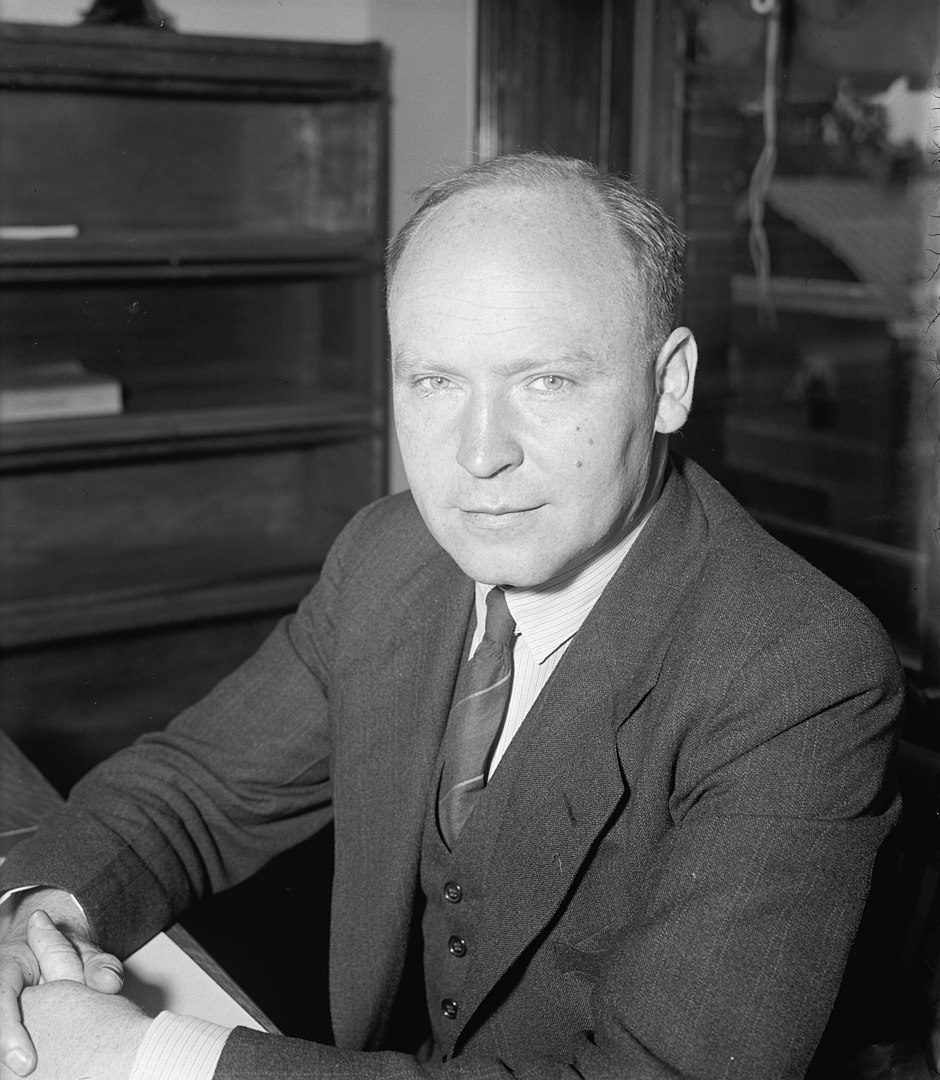
Moving on from the world of computing, let’s dive into the fascinating world of meteorology and explore the life and legacy of Carl-Gustaf Rossby.
Often referred to as the Father of Atmospheric Dynamics, Rossby revolutionized our understanding of atmospheric fluids by introducing mathematical models that helped explain climate variability.
He was one of the first scientists to recognize that weather patterns aren’t random but instead governed by fundamental principles that can be understood through scientific inquiry.
His groundbreaking research laid the foundation for modern-day meteorology, and his contributions continue to inform how we study and predict weather phenomena today.
Roger Revelle: Father Of Global Warming Theory
The father of Global Warming Theory, Roger Revelle, revolutionized our understanding of climate change through his groundbreaking research.
His innovative work on carbon dioxide emissions paved the way for current-day discussions on reducing our carbon footprint and combating global warming.
Revelle’s contributions to climate science were immense, including developing some of the first sophisticated computer models that predicted how human activities would impact the Earth’s atmosphere.
Today, we continue to rely on these models to help us understand how our actions affect the planet.
As a pioneer in this field, Revelle highlighted the importance of taking action to address climate change before it was too late.
Thanks to his efforts, we have made great strides towards creating a sustainable future and protecting our planet for generations to come.
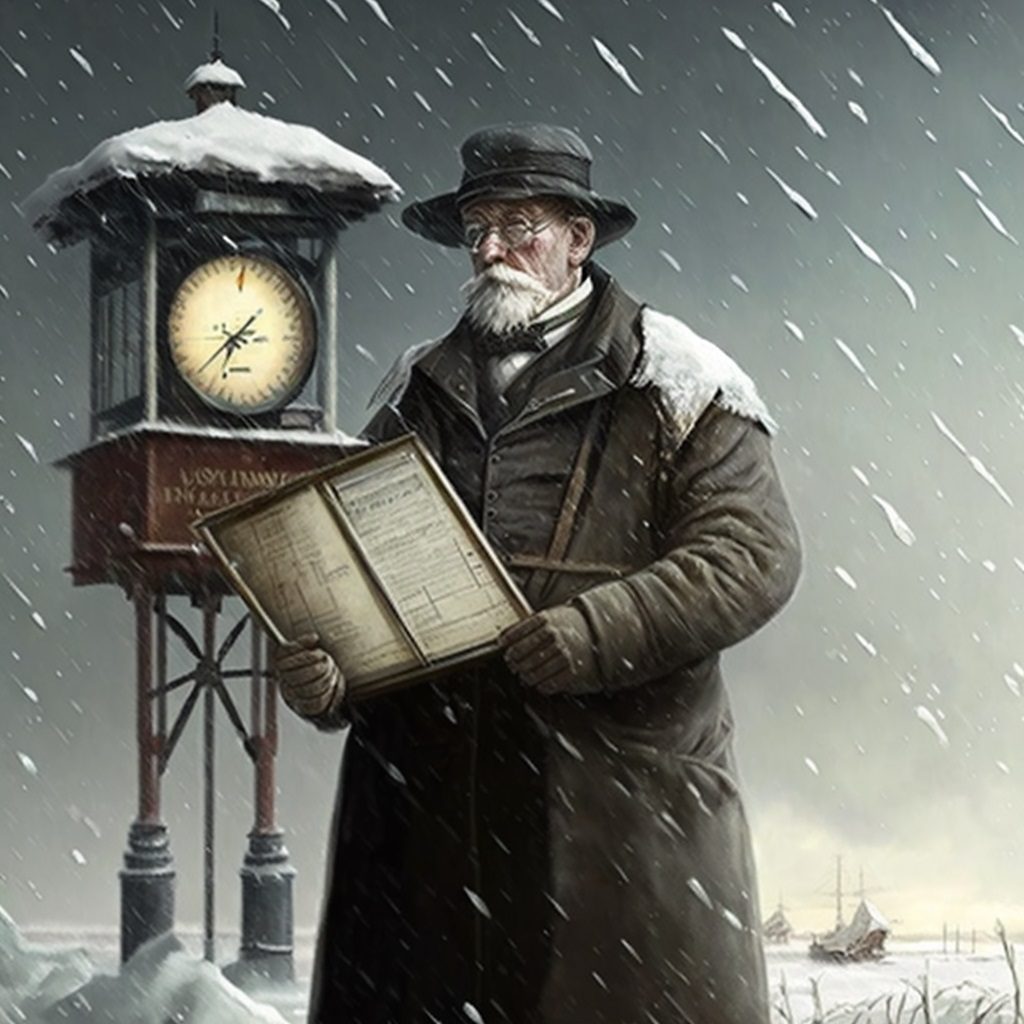
Frequently Asked Questions
What Was The Specific Contribution Of Each Of These Meteorologists To The Field?
If you’re interested in weather forecasting, climate research, and data analysis, then this article is for you.
It features 12 meteorologists who have made significant contributions to the field of meteorology. Each one has a unique story that highlights its impact on the way we understand and predicts weather patterns.
From pioneering new technologies to developing groundbreaking theories about atmospheric science, these individuals have changed the game in more ways than one. Whether you’re an aspiring meteorologist or just someone with a passion for weather, reading about these trailblazers is sure to inspire and inform your own journey through the world of meteorology.
How Did These Meteorologists Become Interested In Meteorology?
Ever wondered what inspired 12 groundbreaking meteorologists to pursue their passion?
As weather patterns and climate change continue to shape the world we live in, it’s no wonder that these individuals have played a vital role in understanding and predicting our planet’s changes.
From tinkering with gadgets as children to chasing storms across the country, each of these trailblazers has a unique story that led them towards revolutionizing the field of meteorology.
Whether you’re an aspiring scientist or simply fascinated by nature’s mysteries, learning about how these pioneers got started is sure to be both inspiring and enlightening.
What Were Some Of The Challenges That These Meteorologists Faced In Their Work?
Meteorology has come a long way since its inception, and with it came the challenges of data analysis, climate change, and weather forecasting. The meteorologists who made their mark in this field had to face these obstacles head-on, often without much support from society at large.
They worked tirelessly to gather and analyze data that would help them predict severe storms or other catastrophic events. Their contributions have been invaluable to our understanding of how we can better prepare for natural disasters caused by extreme weather conditions.
These 12 meteorologists changed the game by revolutionizing the way we perceive climate patterns and advancing technology used in weather forecasting. Despite facing numerous difficulties throughout their careers, they persevered towards creating a safer future for all humanity through innovative problem-solving techniques.

What Impact Did These Meteorologists Have On The Broader Scientific Community Beyond Meteorology?
Some of the most significant advancements in climate modeling, data analysis and weather prediction can be traced back to a handful of meteorologists who changed the game.
These innovators not only revolutionized their own field but also made an impact on scientific communities far beyond meteorology.
Their contributions helped shape our understanding of complex systems and patterns, from ocean currents to atmospheric pressure gradients.
Thanks to their groundbreaking work, researchers today continue to push boundaries in fields that affect us all – including ecology, astronomy, and geophysics.
How Have The Theories And Discoveries Of These Meteorologists Influenced Current Meteorological Practices And Technologies?
Have you ever wondered how meteorologists are able to predict the weather with such accuracy?
It’s thanks to the groundbreaking work of 12 meteorologists who changed the game.
Their theories and discoveries have had a significant impact on current meteorological practices and technologies, particularly in the areas of data collection, cloud formation, and wind patterns.
By studying these phenomena in detail, they were able to develop new methods for gathering information and analyzing it more effectively.
As a result, modern-day meteorologists are better equipped than ever before to provide accurate forecasts that help keep us safe and informed.
So next time you check the weather report, remember that it’s all thanks to these trailblazing scientists!
Conclusion
In conclusion, these 12 meteorologists have truly changed the game in their field. Their contributions have gone beyond just forecasting the weather and instead revolutionized the way we understand and study it.
From pioneers like William Ferrel who laid the foundation for modern meteorology to innovators like Joanne Simpson who broke gender barriers in science, each of these individuals made a significant impact on the scientific community.
They faced countless challenges along the way but persevered with determination and passion for their work. Their theories and discoveries continue to shape current meteorological practices and technologies, driving progress forward.
Without them, our understanding of atmospheric science would be limited to simple observations rather than sophisticated models that can predict severe weather events with accuracy. These 12 meteorologists are true giants in their field, paving the way for future generations of scientists to build upon their legacy.
It is thanks to them that we are better equipped to face whatever Mother Nature throws our way.


















